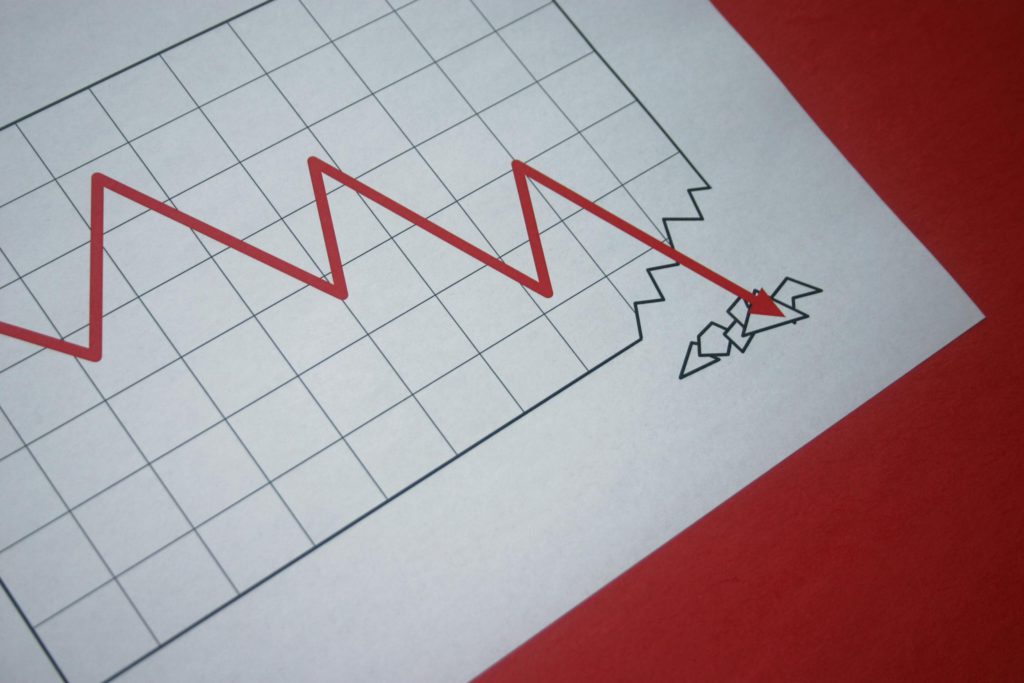Pressure on residual values mounts in the UK as new car registrations decline in May
06 June 2017

6 June 2017
The SMMT has released new car registrations data for May on Monday, which reveal that the new car market declined by 8.5% year on year. Some demand was certainly pulled forward into March with the introduction of the reformed vehicle excise duty (VED) rates on 1 April, which resulted in new car demand slumping by 20% year on year in April. However, this was exacerbated by the fact that there were two fewer working days in April 2017 than in April 2016 and the looming general election on Thursday undoubtedly cooled the market in April and May too.
The SMMT release reports that ′186,265 new cars were registered in the month, with business purchases driving the market, up 20.1%, to offset declines from private and fleet buyers. The market for alternatively fuelled vehicles (AFVs) bounced back in May to continue the upward trend seen in the first quarter and take a new record market share of 4.4%. More than 8,000 AFVs were registered in the month, representing an increase of 46.7%. Almost 50,000 new AFVs have joined Britain’s roads so far this year.’
Although AFVs captured a record share of the market in May, detailed data published by the SMMT shows that demand growth of plug-in hybrids continues to lag behind both standard hybrids and battery electric vehicles. In fact, registrations of plug-in hybrids are still 2.7% lower in the first five months of 2017 than in 2016. Hybrids have been especially impacted by the introduction of the new VED rates as only cars with zero emissions are still tax-exempt, whereas all cars that emit less than 130g CO2/km were previously tax-exempt in their first year of registration.
Demand for diesel-powered cars fell by 20% in May compared to May 2016 and given that overall registrations fell by 8.5%, the market share of diesel fell further to 43.7% in the month. Their share was only lower in March when demand for petrol cars was boosted in advance of the introduction of the revised VED rates. In the first five months of 2017, diesels accounted for 44.0% of new car registrations and to put this into context, their share has been higher every year since 2010.
Commenting on the May results, Mike Hawes, SMMT Chief Executive, said: ′We expected demand in the new car market to remain negative in May due to the pull-forward to March – which was an all-time record month – resulting from VED reform. Added to this, the general election was always likely to give many pause for thought and affect purchasing patterns in the short term. Although demand has fallen, it’s important to remember that the market remains at a very high level and, with a raft of new models packed with the latest low emission and connected technology coming to market this summer, we expect the market to remain strong over the year.’
Although the SMMT remains upbeat about the demand outlook, the current weakness in the new car market is likely to be replicated in the used car market and could exert downward pressure on residual values. Although dealers report that the used market remains healthy, there are already indications that stock being sold through auctions is not moving on as quickly as in recent months. On the subject of diesel, however, any notable damage to their reputation and in turn demand seems to be largely restricted to the big cities in the UK. Mileages tend to be higher outside the cities and the cost benefits of diesel are therefore greater. This also largely explains why residual values for diesels have held up well. Nevertheless, given the headwinds in the market, Glass’s, the UK arm of Autovista Group is looking to broadly reduce residual values slightly in its July update.